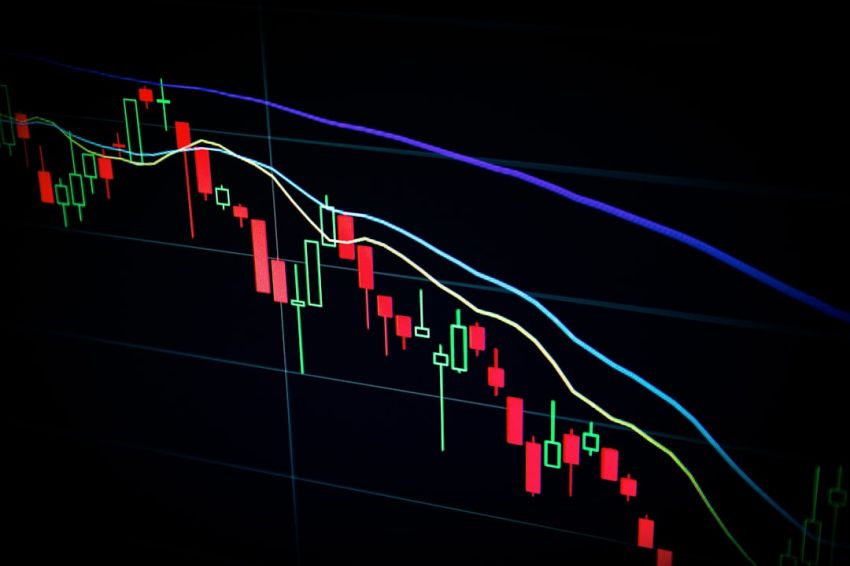Embarking on the journey of trading in the financial markets can be both exciting and challenging. While the potential for profit is alluring, it is crucial to navigate the world of trading with caution and knowledge. Many traders, especially beginners, often fall prey to common mistakes that can hinder their success and profitability. Understanding these pitfalls and learning how to avoid them is essential for anyone looking to thrive in the trading arena.
Lack of Proper Research and Planning
One of the most common mistakes traders make is diving into the markets without adequate research and planning. Trading requires a deep understanding of the instruments being traded, market trends, and risk management strategies. Failing to conduct thorough research can lead to poor decision-making and significant financial losses. Before entering any trade, it is crucial to analyze the market conditions, identify potential risks, and develop a well-thought-out trading plan.
Overleveraging
Overleveraging is another common mistake that traders often make, especially in pursuit of higher profits. While leverage can amplify gains, it also magnifies losses, putting traders at risk of wiping out their accounts. Using excessive leverage can quickly lead to margin calls and forced liquidation of positions. It is essential to trade with leverage responsibly and only use amounts that align with your risk tolerance and trading strategy.
Ignoring Risk Management
Effective risk management is the cornerstone of successful trading, yet many traders overlook its importance. Failing to implement proper risk management techniques can result in catastrophic losses and ultimately sabotage a trader’s long-term success. Setting stop-loss orders, diversifying your portfolio, and sizing your positions appropriately are all crucial elements of effective risk management. By prioritizing risk management, traders can protect their capital and preserve their ability to trade another day.
Emotional Trading
Emotions have no place in trading, yet many traders fall victim to emotional decision-making. Fear, greed, and impatience can cloud judgment and lead to irrational choices that deviate from a trader’s original plan. Emotional trading often results in chasing losses, abandoning winning trades too soon, and making impulsive decisions based on short-term fluctuations. Developing emotional discipline and sticking to a well-defined trading strategy can help traders overcome the pitfalls of emotional trading.
Lack of Discipline
Discipline is a key trait that separates successful traders from unsuccessful ones. Without discipline, traders are prone to deviating from their trading plans, taking impulsive actions, and succumbing to emotional impulses. Following a set of rules and guidelines, maintaining a consistent trading routine, and sticking to predefined risk management strategies are all essential components of trading discipline. By cultivating discipline, traders can avoid reckless behavior and stay focused on their long-term trading goals.
Chasing Hot Tips and Fads
In the fast-paced world of trading, it can be tempting to chase after hot tips and fads in pursuit of quick profits. However, relying on tips from others or blindly following market trends can lead to poor decision-making and financial losses. It is essential for traders to conduct their own research, rely on sound analysis, and develop a deep understanding of the markets they are trading in. By avoiding the allure of shortcuts and focusing on building a solid trading foundation, traders can set themselves up for long-term success.
Inadequate Record-Keeping and Evaluation
Keeping track of your trades and performance is crucial for continuous improvement and growth as a trader. Many traders neglect the importance of maintaining detailed records of their trades, analyzing their results, and learning from their successes and failures. By keeping a trading journal, tracking key metrics, and evaluating your performance regularly, you can identify patterns, refine your strategies, and make informed decisions moving forward. Continuous self-assessment and improvement are essential for evolving as a trader and maximizing your trading potential.
In Conclusion
Trading in the financial markets is a challenging endeavor that requires knowledge, discipline, and resilience. By avoiding common mistakes such as inadequate research, overleveraging, emotional trading, and lack of discipline, traders can increase their chances of success and profitability. Prioritizing risk management, staying disciplined, and focusing on long-term goals are essential practices for navigating the complex world of trading. By learning from past mistakes, adapting your strategies, and continuously improving your skills, you can enhance your trading performance and achieve your financial objectives.










